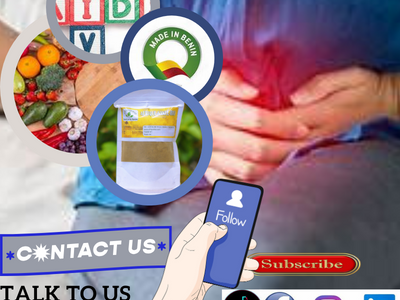
443-The Best Diet For HIV Patient
Best food to eat for HIV Patient
The Step to take
1. Eat plenty of fruits and vegetables.
They’re high in nutrients called antioxidants, which protect your immune system. Aim to have five to nine servings of produce each day. An easy way to meet that goal is to fill half your plate with fruits and veggies at each meal. Eat a lot of different produce to get the most vitamins and minerals.
2. Go for lean protein
Your body uses it to build muscle and a strong immune system. Choose healthy options like lean beef, poultry, fish, eggs, beans, and nuts.
3. Choose whole grains.
4. Limit your sugar and salt
6. See your doctor about any troubles related to diet or weight.
-
Loss of appetite.
Unwanted weight loss can weaken your body, so it’s important to have enough calories. You may need to eat more energy-dense foods, like peanut butter or other nut butter. “A good option is a higher-calorie shake or smoothie,” says Kristen F. Gradney, director of nutrition and metabolic services at Our Lady of the Lake Regional Medical Center.
Click below to order clove oil
- Nausea
If foods make you queasy, you may need to eat smaller amounts more often instead of having three big meals a day. Crackers are easy on the stomach for most people, Gradney says. Pair them with some protein, like peanut butter. If even the smell of cooking makes you nauseated, you may want to ask someone else to prepare your meals.
-
Mouth issues
Have a hard time swallowing or pain from mouth sores? Cook your vegetables so they’re not hard and crunchy. Stay away from spicy or acidic foods, and rinse your mouth with water before and after you eat.
7. Eat the right amount of calories.
Your doctor may recommend a nutritional supplement if you have unwanted weight loss. However, people with HIV often carry too much weight. Being overweight or obese can raise your chances of getting long-term diseases, like heart disease, diabetes, and some cancers. What’s more, it may make your immune system weaker — a recent study found a sign of this in obese people with HIV, compared with those who were at a healthy weight.
Please reach us at http://wa.me//+22967546677
8. Drink plenty of fluids
Most people don’t sip enough. Make sure to have at least eight to 10 cups of water or other healthy drinks during each day. Liquids help carry nutrients and flush out used medications from your body. They can also lift your energy levels and keep you from getting dehydrated. You’ll need to drink more if you’ve got diarrhoea or you’re nauseated, Gradney says.
9. Follow food safety rules because
- Wash your hands with soap and water before and after you eat. Also, wash cutting boards and utensils after every use.
- Avoid raw eggs. Cook all meat, seafood, and poultry until they’re well done.
- Thaw frozen meats and other foods in the fridge or microwave.
- Rinse all fresh fruits and veggies with clean water.
- Check expiration dates, and throw away any food you think is old.
- Reheat leftovers thoroughly before you eat them.
- If you’re travelling abroad and you’re not sure if the water’s OK to drink, stick to bottled water and avoid ice and unpasteurized drinks.

One thought on “443-The Best Diet For HIV Patient”
Comments are closed.